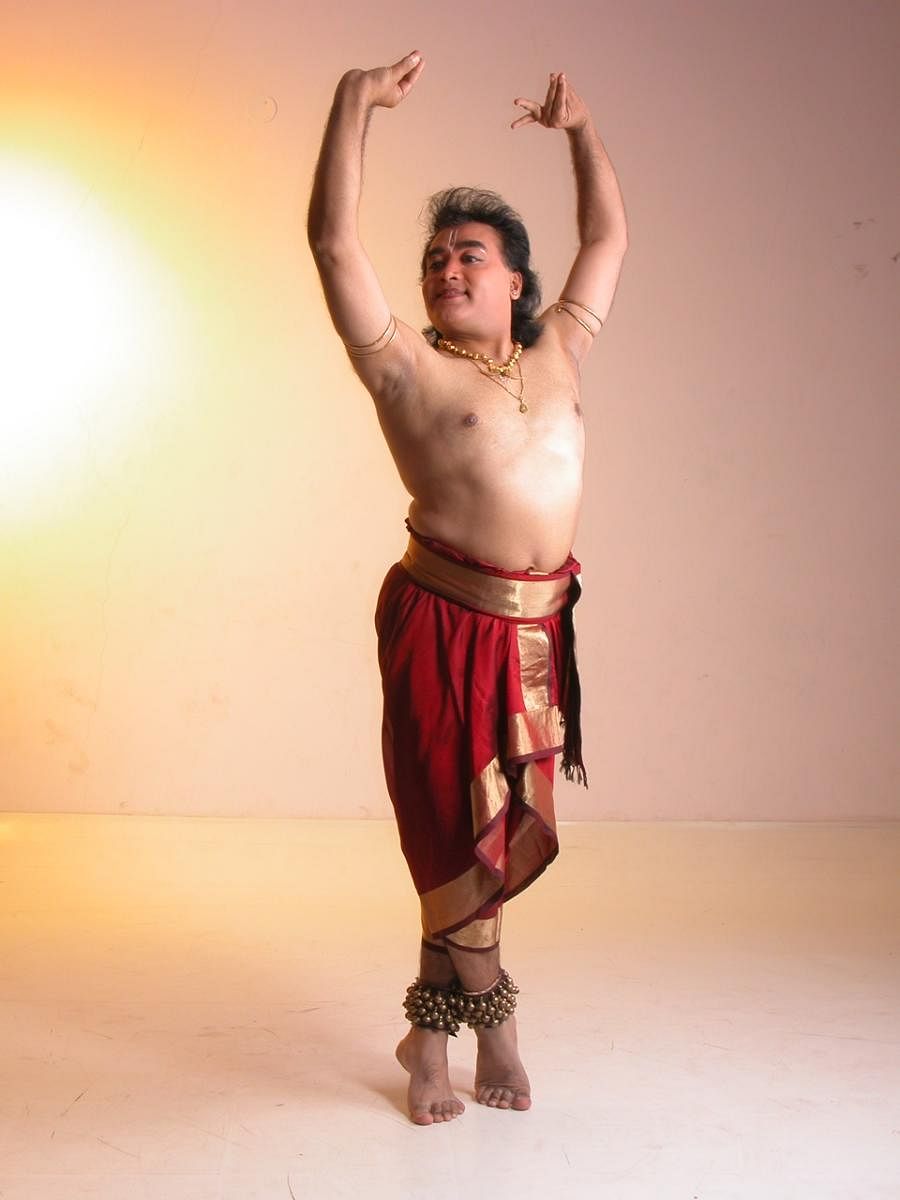
As the nation-wide lockdown continues, dance institutes and instructors across the city are conducting classes and workshops online.
Kathak, choreography
The Natya Institute of Kathak and Choreography, for instance, offers a one-year Skill Diploma Course in Kathak, starting May 2. It does not call for any prior experience.
Flexible timings make online learning a feasible option for many. “We have a diverse pool of applicants, from students to working professionals, as well as retirees,” says Ramya Nagaraj, head of faculty at the institute.
Duration: 1 year
Frequency: Flexible class scheduling
Fee: On request
Movement arts
The Attakkalari Centre initially offered 20-minute classes on Facebook and Instagram.
However, to meet the increasing demand for longer classes, it decided to offer regular online classes and a diploma course.
“These are unreal times and it is most crucial to connect with one’s body and breath through any discipline,” says Jayachandran Palazhy, founder and artistic director of Attakkalari Centre for Movement Arts. The first class is free.
Duration: Monthly online classes, as well as a one-year certificate programme and a two-year diploma course
Frequency: 2-3 classes a week
Fee: Rs 200 per class
Bharatanatyam workshops
Renowned Bharatanatyam performer Kiran Subramanyam has been conducting short workshops on Facebook since the lockdown was announced. “I try to cover the technical aspects of dance in the simplest way possible. The sessions are a mix of explanations and demonstrations,” he says.
The online demonstrations are conducted concurrently with his regular classes.
However, it is not just the students that are learning. These sessions, he says, have provided him with an opportunity to connect with artistes from different genres.
Duration: Until May 3
Frequency: 7 days a week, from March 26 onwards
Fee: Free of cost
Challenges
A few instructors were already familiar with the nitty gritties of going online. “Conducting online sessions is not difficult, but it definitely differs from hands-on training,” Ramya says.
There also seems to be no replacement for the sense of community that comes with the face-to-face classes.
Many teachers have had to undergo training sessions before they were able to conduct classes online. Teachers at Attakkalari, for example, received training and conducted trial classes. “Since teachers cannot physically correct individuals, the student is responsible for the quality of the performance”, he explains.
People have been extremely receptive. Jayachandran says the Attakkalari Centre might continue online classes as a supplement to their in-person training, and for students outside the city.
Art relieving stress
The demand for learning and appreciating art has increased during the lockdown. “There is so much fear and stress right now. People gravitate towards culture because it allows them to take a break and rejuvenate,” Kathak dancer Ramya explains.
The performance arts will continue to be impacted post-lockdown, dancer Kiran predicts. “Art is soothing, both to the artiste and the audience. Exhibiting one’s art online also motivates people to keep creating in uncertain times.